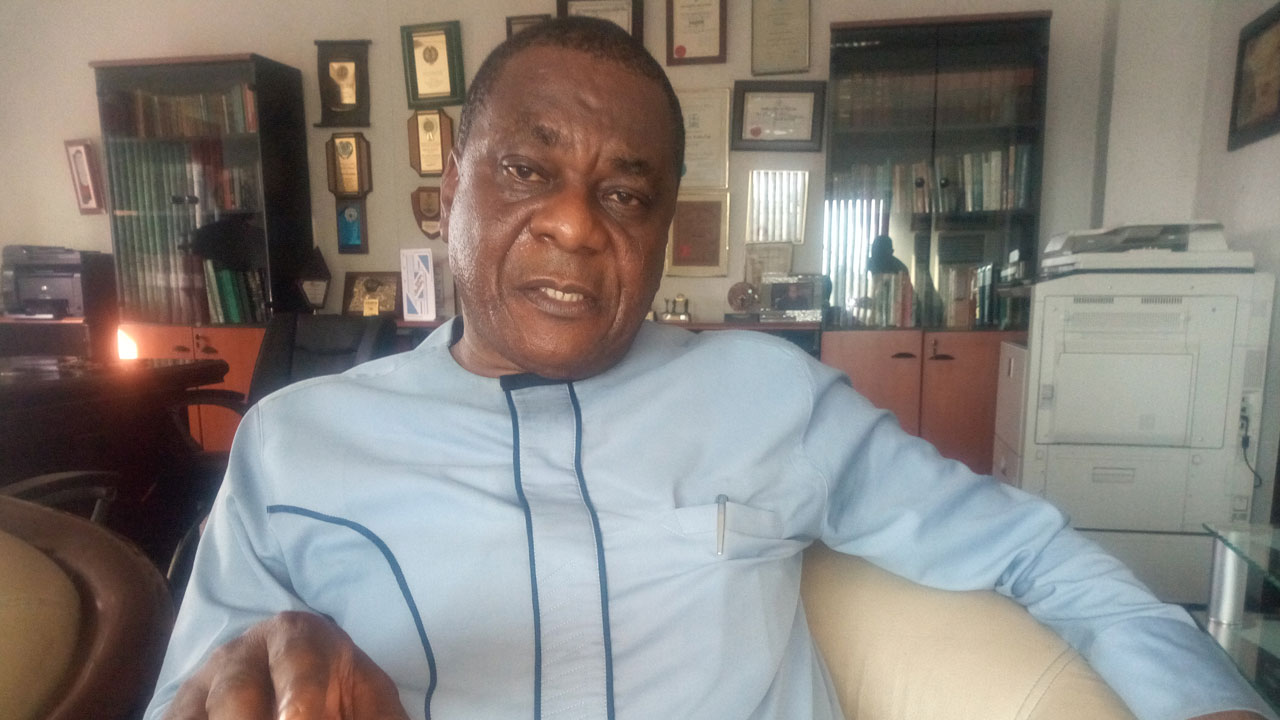
Stakeholders in the maritime industry have stressed the urgency of re-evaluating and overhauling current approaches to port management and operations.They highlighted the essential role that governmental focus and commitment play in nurturing a robust, efficient port and maritime sector capable of supporting national economic objectives.
They made the call as the country marks its Democracy Day today, noting that President Bola Tinubu’s administration’s one year in office has not yielded results in the maritime sector, while the promises remain unfulfilled.
The maritime sector has always been plagued with a lack of modernisation of port infrastructure as well as the dilapidated state of the roads of the eastern port despite committing significant funds towards upgrading the dilapidated infrastructure and expanding capacity.
Others are the lack of functional shipyards, moribund fishing terminals, non-functional rail lines to transport export and import from the inland dry ports to the seaports in Lagos, seafarers’ unemployment, and lack of recognition of seafarers’ certification among others, which is hindering the industry from contributing to the N1 trillion economy of the President.
The National President of the National Council of Managing Directors of Licensed Customs Agents (NCMDLCA), Lucky Amiwero, raised concerns about the declining performance of the port sector over the past year. He strongly criticised the government’s lack of interest and focus on the port sector, which he believes is crucial for the nation’s economic health.
Amiwero described a troubling trend of decreasing cargo volumes, emphasising the adverse impacts of exchange rate fluctuations on the business environment. He pointed out the direct correlation between government attention and the operational efficacy of the ports.
“The cargo is not coming, people are struggling, the sector is not doing well,” he said. He said if the government wants the port to move, they must focus on the port.
Amiwero suggested that a strategic shift in oversight and reform could revitalise the faltering industry. Amiwero said significant and thoughtful reforms are needed to put the right people and policies in place to ensure that the ports can serve as effective conduits for trade and commerce.
He warned that without such changes, the sector might continue to see a dwindling effect on cargo traffic, which could have broader implications for the Nigerian economy.
The Chief Executive Officer of the Centre for Promotion of Private Enterprise (CPPE), Dr Muda Yusuf, outlined significant challenges still impacting the industry, notably in port logistics, automation, and local involvement in shipping operations. Yusuf expressed concerns over the inefficiencies at the nation’s ports, emphasising the difficulties faced by importers and exporters.
He said access into the port and getting out of the ports are still a very big issue, noting that despite some initiatives, progress remains sluggish, with automation and technology adoption lagging.
Yusuf also raised a critical point about the limited participation of indigenous players in the shipping sector, which remains dominated by foreign entities despite the Cabotage Act.
“Where are our people? How many of them have shipping lines? What support are we giving them?” he asked, underscoring the need for greater support and opportunities for local businesses to thrive in the lucrative shipping industry. Yusuf further questioned the effectiveness of the Cabotage law, intended to promote the development of the Nigerian maritime sector by restricting the use of foreign vessels in domestic coastal trade.
“We export a lot of things, especially oil and gas. How many of these exports are done locally? What progress have we made with the Cabotage?” he asked. The Vice Chairman of Business Action Against Corruption (BAAC) Integrity Alliance, Jonathan Nicol, criticised the government for creating what he described as a “brick wall” between itself and its citizens, arguing for more accessible national policies and investment to foster freedom and prosperity.
Nicol said many Nigerians feel the pinch of economic policies that they believe hinder rather than help the nation’s progress. He pointedly criticised the government’s tendency to over-regulate, claiming that such an approach stifles the free flow of trade and discourages foreign investment.
Nicol remarked that “Nigeria is not at war,” highlighting the need for a government that acts as a caretaker rather than an adversary. Nicol who is also the former Chairman of the Shippers’ Association of Lagos (SAL), underscored a broader plea for the government to refrain from introducing more economic regulations that could further destabilise trade.
He called for more flexible financial policies that would allow investors to more easily contribute to the establishment of industries, which is crucial for economic growth and job creation.
Nicol also reflected on the growing tensions between the government and the business community, who feel their voices are increasingly marginalised in national decision-making processes.






